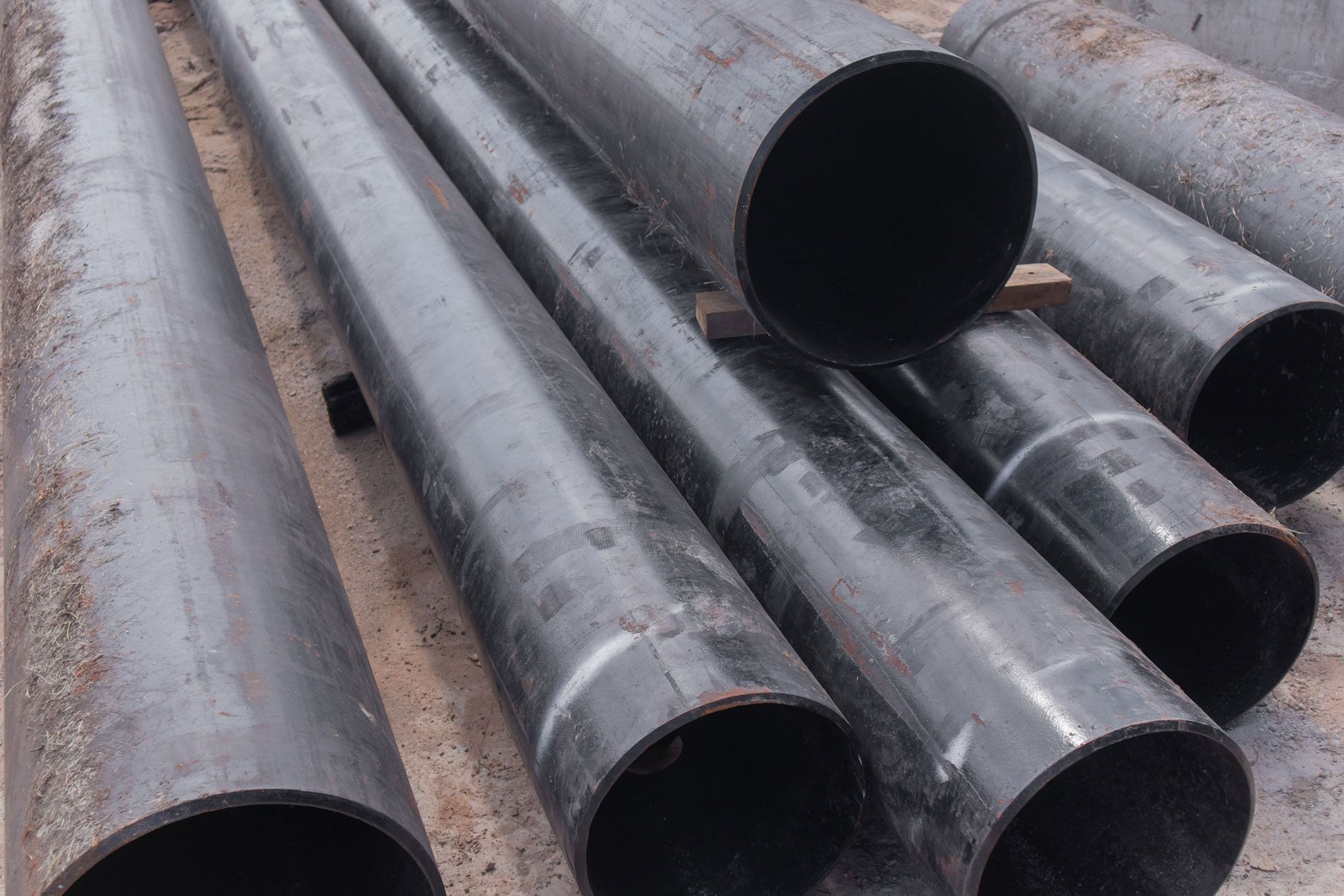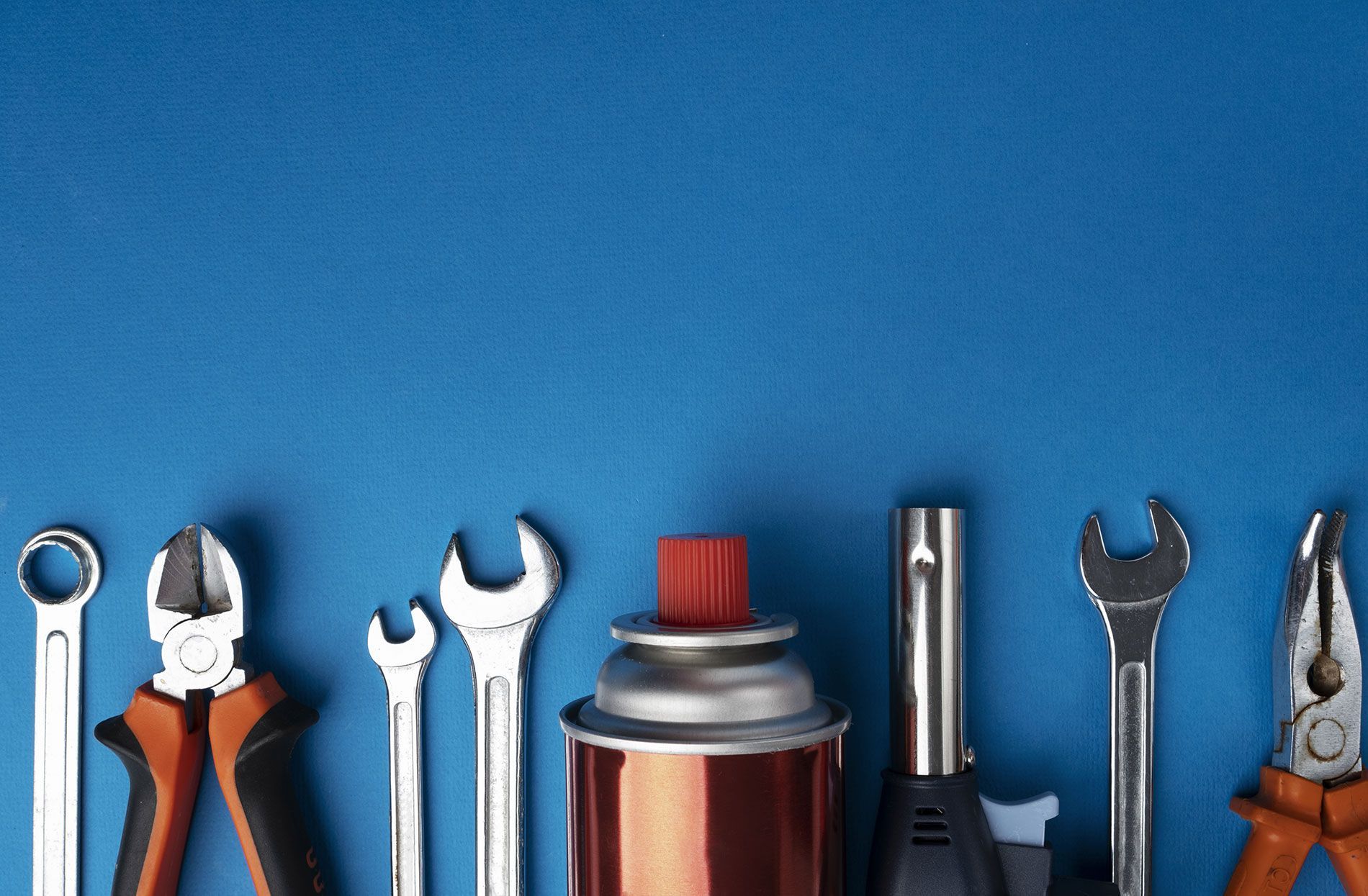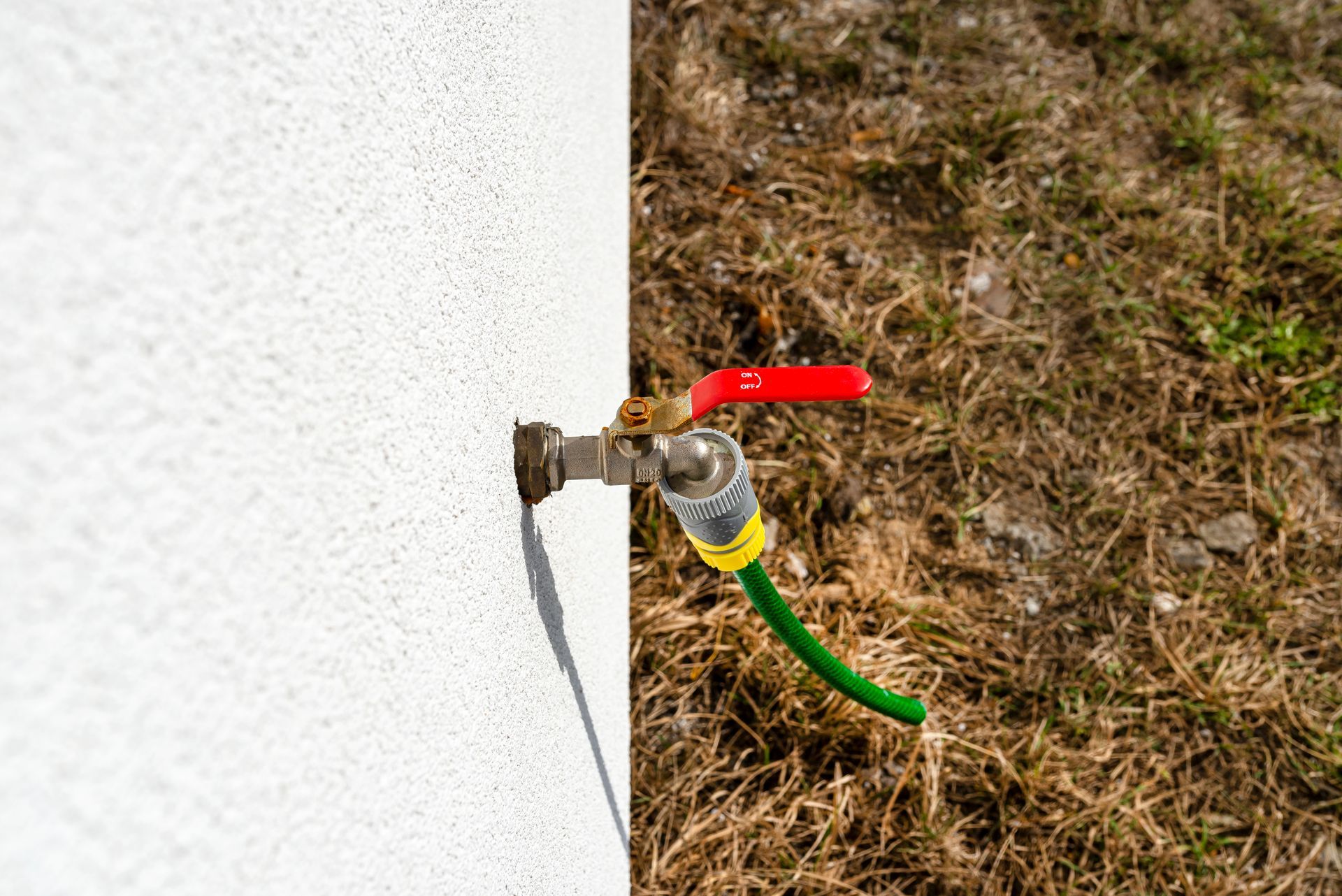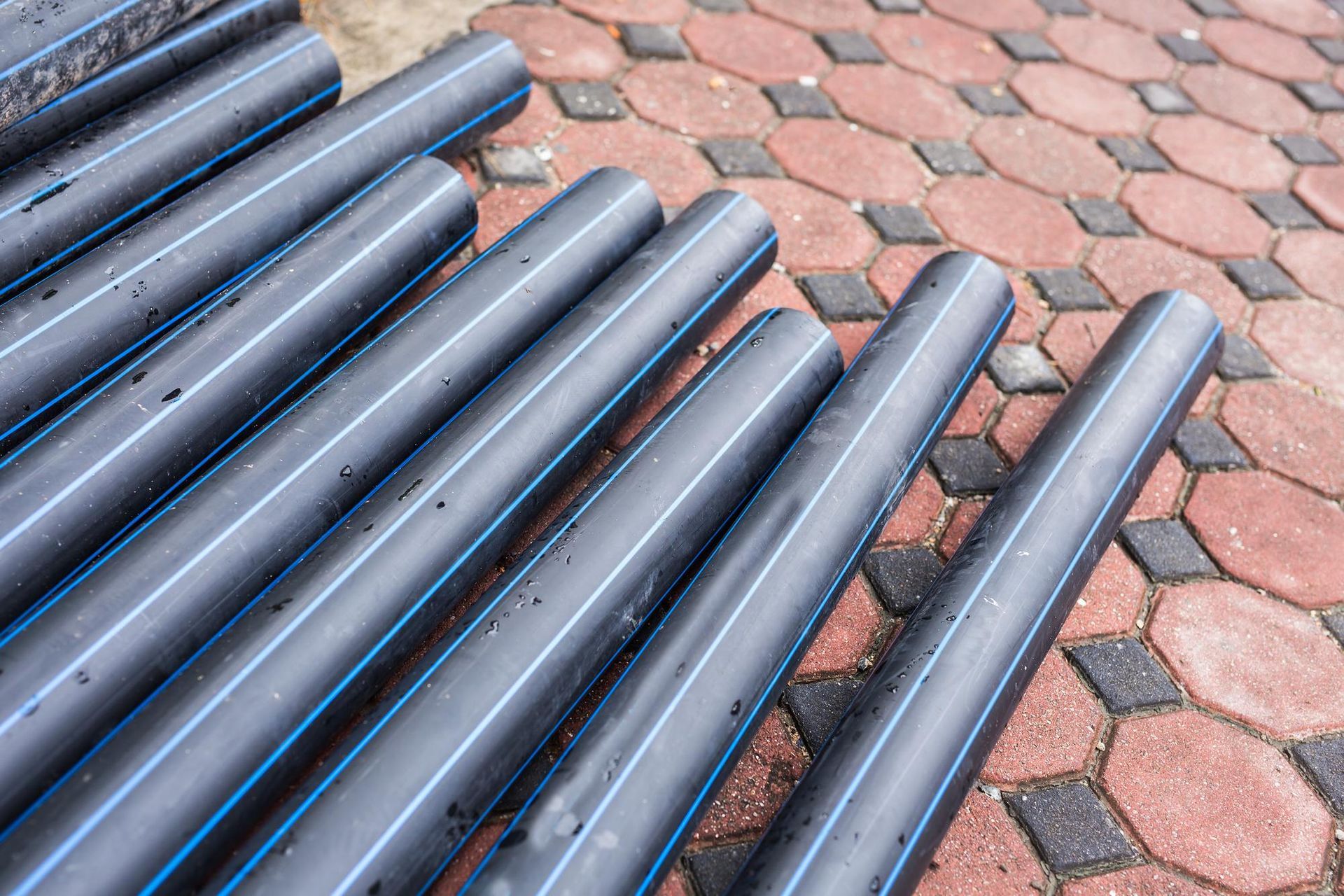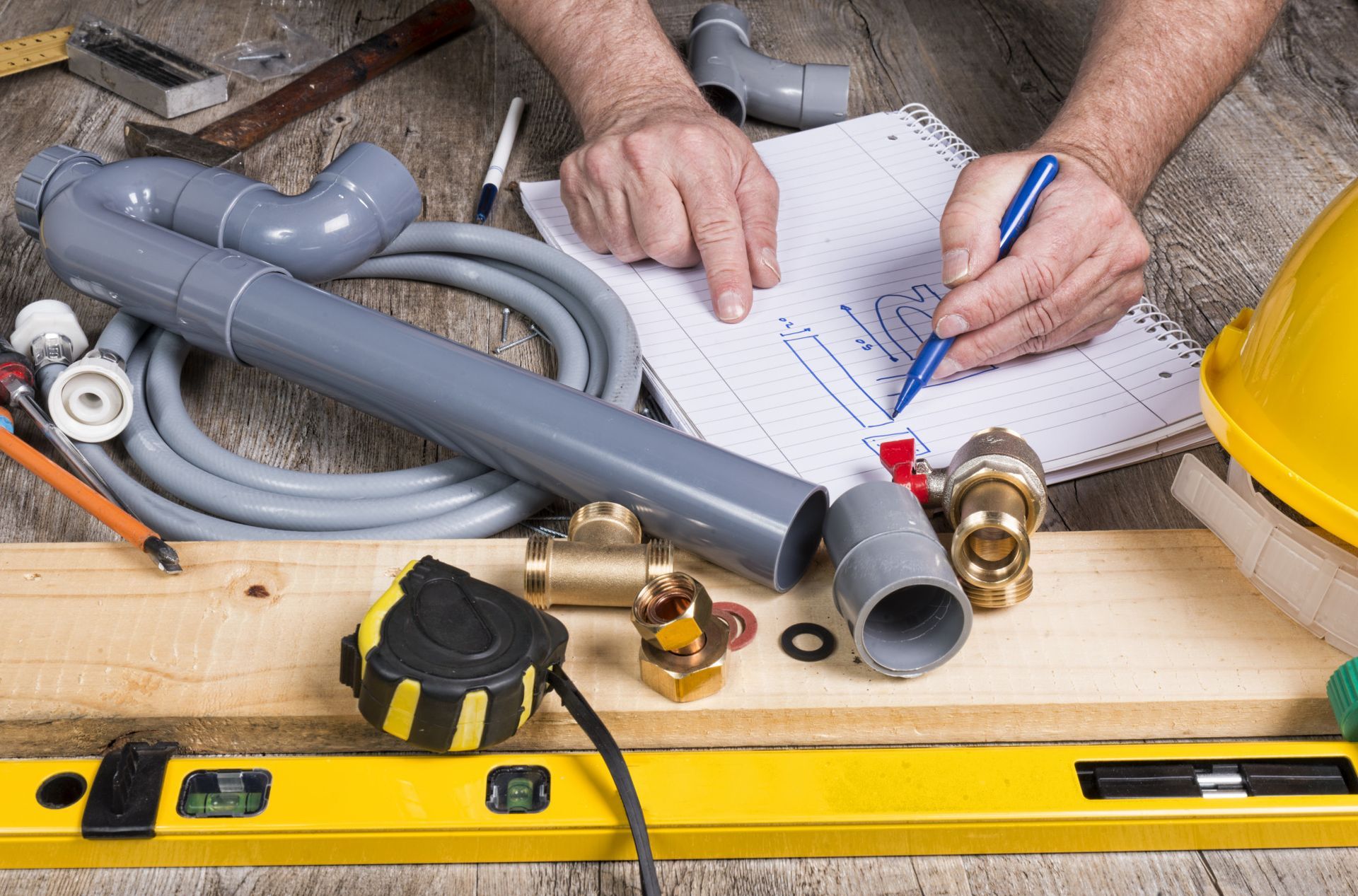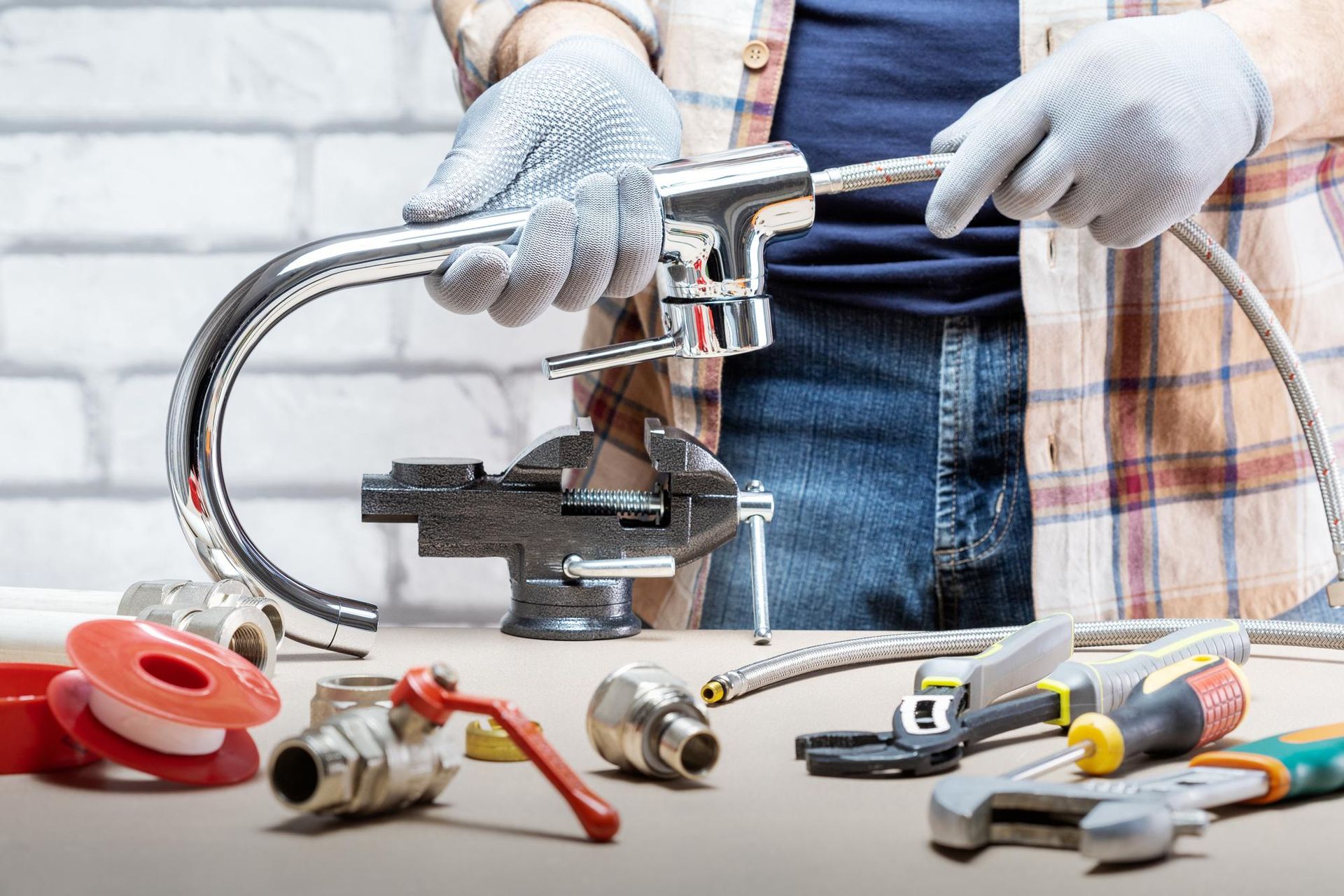Top Residential Plumbing Problems: What Every Homeowner Should Know
Understanding residential plumbing problems is crucial for homeowners to maintain the integrity and functionality of their properties. From leaky faucets to clogged drains and beyond, these issues can quickly escalate if left unattended, resulting in costly repairs and potential property damage. Therefore, it's essential for homeowners to be educated about common residential plumbing problems. By recognizing the signs of trouble early on and taking proactive measures to address them, individuals can mitigate risks and ensure the smooth operation of their plumbing systems. This article aims to provide homeowners with valuable insights into the most prevalent residential plumbing problems, empowering them to identify, prevent, and address issues effectively. Whether it's a simple leak or a more complex sewer line backup, being informed about these challenges can save homeowners both time and money in the long run.
The Dreaded Leak
Leaky plumbing fixtures are a common occurrence in residential settings, with various types of leaks posing potential challenges for homeowners. Faucet leaks, often characterized by a steady drip, can waste significant amounts of water over time if not promptly addressed. Pipe leaks, whether visible or hidden within walls or floors, can lead to structural damage and mold growth if left unchecked. Similarly, toilet leaks, typically indicated by continuous running or water pooling around the base, can result in water wastage and potential floor damage.
Recognizing the signs of a leak is crucial for homeowners to take swift action. Water stains on walls or ceilings, dampness in specific areas, and the presence of mold or mildew are all indicators of potential leaks requiring attention.
Ignoring leaks can have serious consequences, including extensive water damage to property structures, the development of harmful mold infestations, and inflated water bills due to wastage. Therefore, addressing leaks promptly is imperative. While some leaks may be manageable with DIY fixes such as tightening connections or replacing seals, others may require professional intervention, especially if the issue involves complex plumbing systems or inaccessible areas. Consulting with a qualified plumber ensures leaks are properly diagnosed and repaired, minimizing the risk of further damage and ensuring long-term plumbing integrity.
Clogged Drains and Sewers
Clogged drains are a prevalent issue in residential plumbing systems, stemming from various common causes that homeowners should be aware of. Hair accumulation, grease buildup from cooking, food particles, and the introduction of foreign objects into drains are primary culprits behind clogs. These materials can constrict the flow of water through pipes, leading to blockages and subsequent drainage problems.
Recognizing the signs of a clog early on is crucial for homeowners to prevent more significant issues. Slow drainage, gurgling sounds emanating from pipes, and foul odors coming from drains are all indicative of potential clogs requiring attention.
The risks associated with neglected clogged drains can be severe. Without intervention, clogs can lead to sewage backup into the home, posing health hazards and requiring extensive cleanup and repairs. Additionally, the increased pressure from blockages can cause pipes to burst, resulting in water damage and costly plumbing repairs.
To prevent clogs and maintain optimal drainage in the home, homeowners should implement regular cleaning practices and adopt preventative measures. This includes using drain screens to catch hair and debris, avoiding disposing of grease down drains, and refraining from flushing non-biodegradable items. Periodic maintenance such as flushing drains with hot water or using enzymatic cleaners can also help prevent clogs from forming.
Water Heater Woes
Water heater issues can disrupt daily life and potentially pose risks to the home if left unresolved. Understanding common problems and knowing how to identify them is essential for homeowners to ensure the proper functioning of their water heaters.
Among the most prevalent water heater problems are leaks, often caused by corrosion or faulty valves. Sediment buildup within the tank can also occur over time, affecting efficiency and potentially leading to overheating. Additionally, a lack of hot water may indicate issues with heating elements or thermostat malfunctions.
Recognizing signs of water heater issues is critical for timely intervention. Rusty water coming from taps, strange noises such as banging or rumbling sounds from the tank, and inconsistent water temperatures are all indicators that something may be amiss with the water heater.
Neglecting water heater maintenance can have serious consequences. Accumulated sediment can lead to decreased efficiency and increased energy consumption, while undetected leaks may cause water damage and mold growth. In extreme cases, neglecting maintenance can even result in catastrophic failures such as tank ruptures or explosions.
To maintain and troubleshoot water heaters effectively, homeowners should follow several key steps. These include flushing the tank regularly to remove sediment buildup, checking and replacing sacrificial anode rods as needed, insulating pipes and tanks to improve efficiency, and scheduling professional inspections and maintenance annually. Additionally, promptly addressing any signs of trouble and seeking professional assistance when necessary can help prevent minor issues from escalating into costly repairs or replacements.
Toilet Troubles
Toilet-related problems can be a source of frustration and inconvenience for homeowners, but understanding common issues and how to address them can help mitigate these challenges.
Clogs are one of the most frequent toilet problems, often caused by flushing items that shouldn't be disposed of in the toilet or by a buildup of waste and debris in the pipes. Leaks, which can occur around the base of the toilet or from internal components, are another common issue that can lead to water damage and increased utility bills. Additionally, running toilets, characterized by a constant flow of water into the bowl, can waste significant amounts of water if left unchecked.
Indicators of toilet issues include hearing the toilet constantly running, noticing water pooling around the base, or observing water stains on the floor or walls near the toilet.
When faced with toilet problems, homeowners can take several steps to tackle them. For minor clogs, using a plunger may effectively clear the blockage. It's also essential to check toilet components such as the flapper, fill valve, and flush valve for any signs of damage or malfunction. If the issue persists or if there's a significant leak or other serious problem, calling a plumber for professional assistance is advisable. Prompt attention to toilet issues can help prevent further damage and ensure the continued functionality of the plumbing system.
Frozen Pipes
Understanding the risks associated with frozen pipes is crucial for homeowners, as it can lead to costly damages and disruptions to daily life. When water freezes inside pipes, it expands, putting pressure on the pipe walls and increasing the risk of bursting. This can result in significant water damage to the home's structure and belongings.
Warning signs of frozen pipes include reduced water flow or no water coming out of faucets, as well as strange odors emanating from drains or taps. These indicators signal potential freezing within the pipes and should prompt immediate action to prevent further damage.
To mitigate the risk of frozen pipes, homeowners can take preventive measures such as insulating exposed pipes, especially in attics, basements, and crawl spaces. Additionally, maintaining adequate heat throughout the home, especially in areas where pipes are located, helps prevent freezing. Allowing faucets to drip during cold weather can also help alleviate pressure within the pipes and prevent freezing. Taking these precautions can safeguard against the damaging effects of frozen pipes and ensure uninterrupted water flow during winter months.
Conclusion
We've covered the main residential plumbing problems that homeowners should be vigilant about, including leaks, clogged drains, water heater issues, toilet troubles, and the risks associated with frozen pipes. These issues can lead to extensive damage if left unattended, emphasizing the importance of proactive maintenance and prompt intervention.
At The Plumber Guys in Aberdeen, MD, we understand the significance of staying informed about potential plumbing issues and taking proactive steps to prevent them. Regular maintenance and timely repairs can save homeowners from costly damages and disruptions to their daily lives.
We encourage homeowners to prioritize their plumbing system's health by scheduling routine inspections and addressing any signs of trouble promptly. When in doubt or facing complex plumbing issues, don't hesitate to reach out to our experienced team at The Plumber Guys for professional assistance. Contact us today at 410-698-7863 for reliable plumbing services and peace of mind.
FAQs
-
What are the most common residential plumbing problems?
The most common residential plumbing problems include leaks, clogged drains, water heater issues, toilet troubles, and the risk of frozen pipes during colder months.
-
How can I tell if I have a plumbing leak in my home?
Signs of a plumbing leak include water stains on walls or ceilings, dampness or mold growth in specific areas, a sudden increase in water bills, and the sound of running water when no fixtures are in use.
-
What should I do if I experience a clogged drain?
If you experience a clogged drain, try using a plunger to clear the blockage. If that doesn't work, you can attempt to remove the clog manually or use a chemical drain cleaner. For stubborn clogs or recurring issues, it's best to contact a professional plumber for assistance.
-
How often should I have my water heater serviced?
It's recommended to have your water heater serviced annually to ensure optimal performance and longevity. During a service appointment, a plumber can inspect the unit for any signs of wear or damage, flush out sediment buildup, and make any necessary adjustments or repairs.
-
What can I do to prevent frozen pipes in my home?
To prevent frozen pipes, you can insulate exposed pipes, maintain adequate heat throughout your home, and allow faucets to drip during cold weather to alleviate pressure within the pipes. Additionally, sealing any drafts or gaps around pipes can help prevent cold air from reaching them.
Contact Info
Areas We Serve
- Baltimore County
- Baltimore City
- Cecil County
- Harford County
Business Hours
Mon - Fri 07:00 am – 04:00 pm
Sat By Appointment
Sun By Appointment
Follow Us
All Rights Reserved | The Plumber Guys
